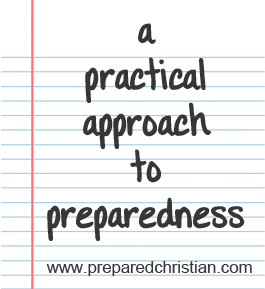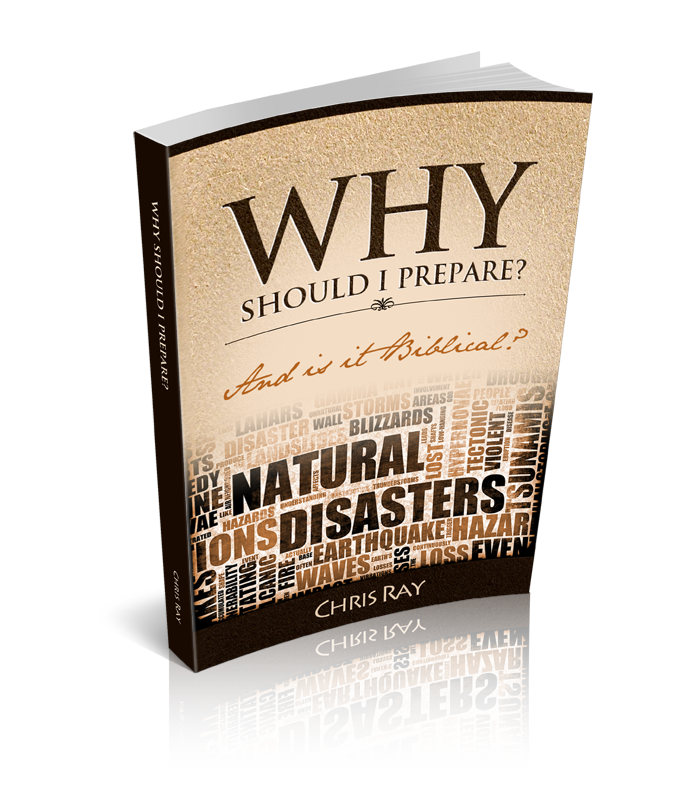
I’ll get into the “preps” of preparedness soon, but I wanted to give you some practical information to keep in mind while you go about becoming better prepared. I also have four articles that give you some practical actions to take, all of which I highly recommend.
Practical Information
The Rule of Threes
This is a short article that gives the rule of threes. In short they are that the average human can survive:
3 seconds without oxygen to the brain
3 minutes without oxygen
3 hours without shelter in poor weather
3 days without water
3 weeks without food
I also list a couple that I have seen added to the list.
A Great Twist to the Rule of Threes
This article was inspired by a reader. I liked his idea so much that I wanted to share it! The article explains that you should build redundancy into to your preparations. I believe redundancy is a big part of preparedness, not just in the sense of “two is one, one is none”, but also in how one builds their plans. One of the examples from the article is on water redundancy; from the tap, stored water and also from a river/lake (followed by purifying it).
Expiration Dates; Fact or Fiction?
I think this is a very important article. It can save you a lot of money. By law, products have to have expiration dates. However, many products will last much, MUCH longer than companies lead you to believe.
Let’s face it, prepping can get expensive! Here are 10 tips that can help you save money.
Practical Actions
Five Free Practices You Can Do To Be Better Prepared
Like I said above, prepping can get expensive, so here are five things you can do for free that can help you become better prepared.
Lessons Learned From a Rollover Car Accident
A car accident is one of the most frequent ways the “stuff hits the fan”. My stepson rolled my car and, while I thought I was fairly well prepared, I learned a lot from the incident. If you have young drivers, I especially recommend you read this article.
Important Documents
Here is a list of important documents that I think you should have gathered in a safe place. There are several others listed by readers, so check there as well.
We prepare for things that might happen, but we also must prepare for the things that WILL happen. I firmly believe that one should make their end of life decisions now, and not leave that burden to your loved ones.
Please click here to vote for Prepared Christian as a top Prepper site!
If you liked this article please think about sharing it on the social media listed below, thanks!









